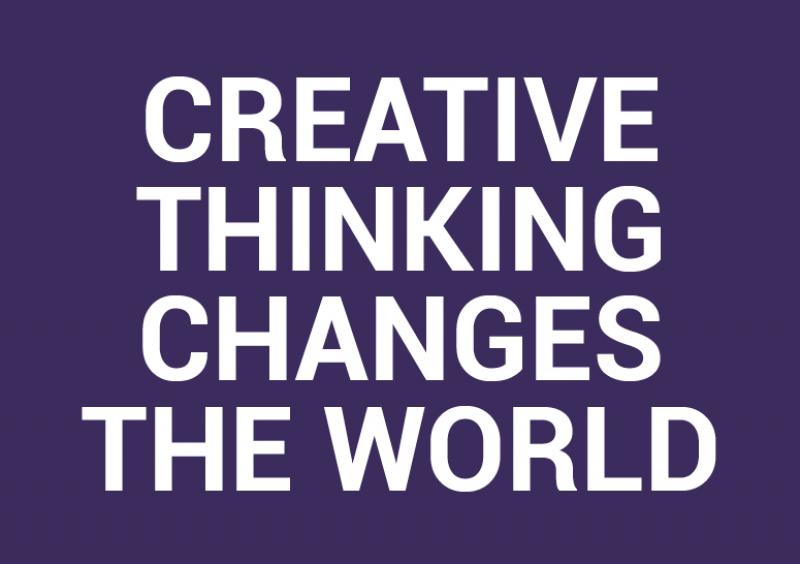
Gone are the days where businesses could depend on good systems, processes and procedures. No longer are great financial control and a consistent approach to product and service the things that make business wins. True, without these you can’t compete, but the thing that helps successful businesses get there is creativity.
There are many examples to back this up, including Woolworths’ lack of innovation, Netflix’s destruction of Blockbuster and, even more recently, Spotify overtaking ITunes as the way to consume music.
Some call it evolution and some might suggest technology is the driver for these changes. I believe it’s always been the same: creative thinking changes the world and can change your business too.
Everything we do at Carswell Gould starts with a creative approach. Everyone who steps through our door receives a good grilling and our clients love the process, enjoy being challenged and understand the value it offers them – and they get amazing results from us.
So, what is creativity?
We define creativity as a function of imagination, knowledge, curiosity, nosiness and interpretation. The more you know and greater the level of interest you have, the more ideas, iterations and concepts you can create. This means you can create new and innovative products, services, events, art, music or anything you can put your mind to!
But this does not guarantee automatic success. All the new ideas, discoveries and concepts need to be pulled and shaped into workable, sellable, usable end results.
Creativity is a real process that has to be understood. This process is as vital to business as understanding planning, finance and HR. It’s a critical, success-driving quality that every business needs to have at its heart.
We split the creative process into the widely recognised three-stage approach of
1. Discovery
2. Invention
3. Creation
Each links to the next and forms a process that yields results at every level.
The reason this matters is best summed up by Frank Kern, senior vice president at IBM Global Business Services. Following a lengthy research project at the organisation, he reported:
“CEOs identify creativity as the number one leadership competency of the successful enterprise of the future.”
When we think about the biggest successes over the last few years, it’s easy to think they’re all down to the Internet. I believe the success came from the creativity and new thinking of those individuals who had the ambition to do something different, think bigger and reach outside the day to day of their business and sector to find new innovative ways of working. And that’s what made them millions!
So the question I’m asking is: “How can we all inject more creativity into our businesses?”
While this is by no means an exhaustive list, I hope the following points will help you push for a more creative 2015.
1. Hire a chief innovation officer or retain a creative advisor
2. Run (or buy in) creative think-tanks and workshops
3. Reward innovation internally
4. Hold away days and create an open dialogue with your teams
5. Work with creative organisations that will drive creativity
6. Attend events like Southampton Creatives
7. Try crowdsourcing and the Internet
8. Work with young people and universities and take on work experience students
9. Hold focus groups and research sessions with customers
10. STOP DOING THE SAME THING. DO SOMETHING DIFFERENT TODAY.
The last point is about challenging yourself to think differently. Pick a process, product, service or approach that you’ve always done the same way and do it differently tomorrow.
Hold a session with your team to get their ideas, then explore, discover, innovate – and most importantly, create.
If you would like to discuss how Carswell Gould could help, our team of experts are keen to chat. Fill in your details below and we'll be in touch shortly.